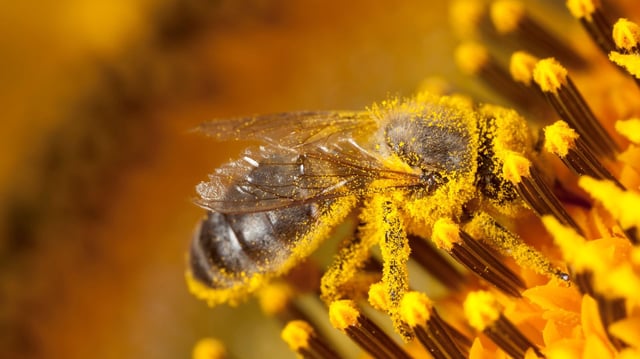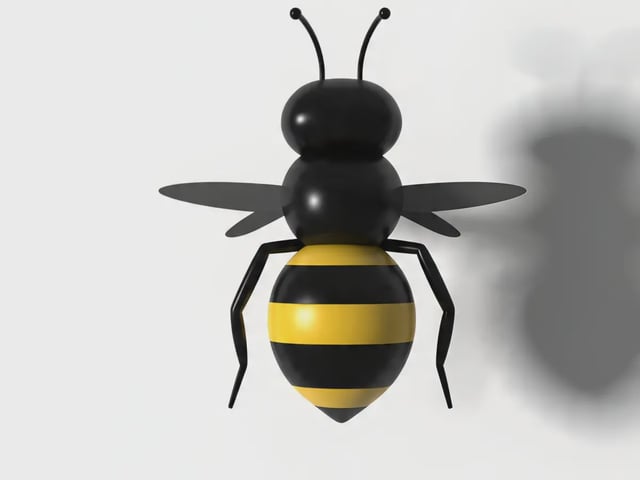Overview
- The 74 mg neural implant uses three micro-needles to inject signals into a bee’s brain, directing its flight with a 90% success rate in recent trials.
- The device and test results were detailed in a June 11 paper in the Chinese Journal of Mechanical Engineering by Zhao Jieliang’s team at Beijing Institute of Technology.
- Scientists envision cyborg bees outfitted with micro-cameras and sensors serving as covert military scouts or searching disaster zones for survivors.
- Current battery modules limit flight duration and boosting capacity risks overloading the insects with excess weight.
- Research groups in the United States, Japan and elsewhere are racing to miniaturize insect controllers for both reconnaissance and search-and-rescue missions.


